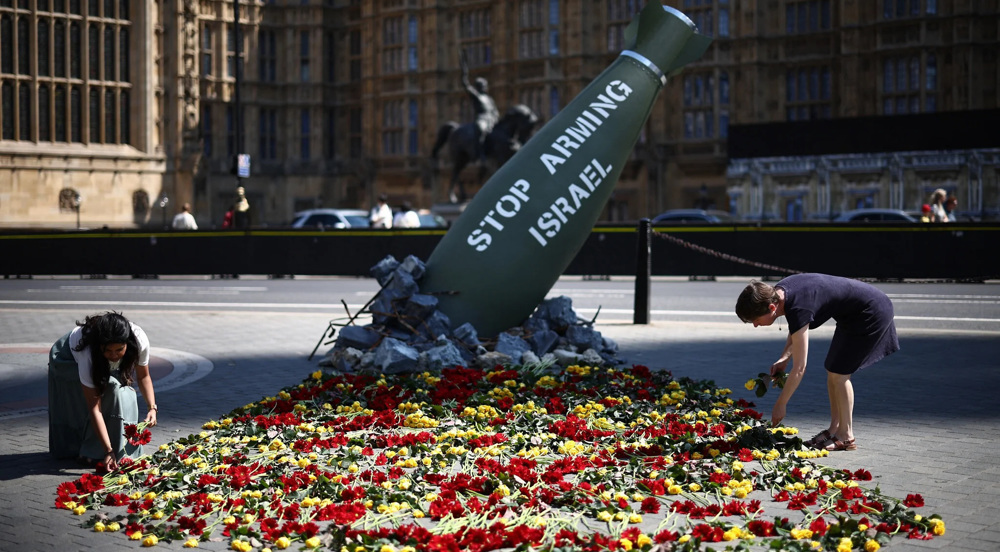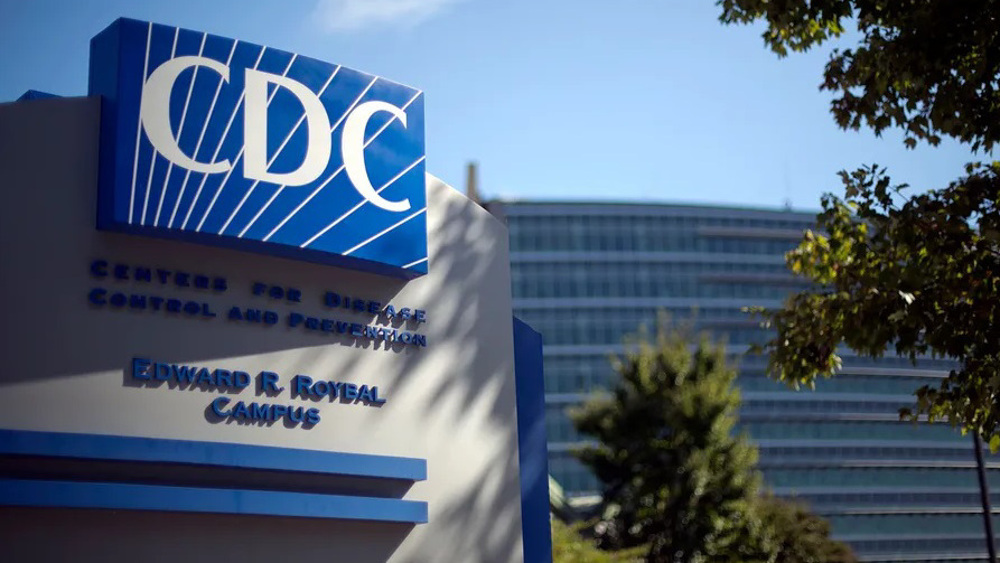British parenting charity finds high levels of depression among new dads
A new study on depression shows that two in five new fathers in Britain are struggling to cope with mental health problems.
The study conducted by the UK’s largest parenting charity, NCT, suggests newborns not only put mothers’ well-being at risk but also cause prenatal depression among fathers.

According to the research, extra household tasks, greater financial responsibilities, changes in relationships, and lack of sleep are some of the factors that can impact on men’s mental health.
“As much as the propaganda has suggested that the economy is being doing fantastically well over the last few years. For many people it’s been a struggle especially those on lower, middle income, in fact a majority. Because wages are not really kept up with the cost of living and if you have a child then suddenly things are different as for your wife it can be maternity leave that means less income and much pressure on the bread winner”, Marco Pietropoli, a London-based economist told Press TV.
Pietropoli also said that there are many industries that have not seen a pay rise for the last few years that make difficult for people take on board majority of their responsibilities.
“Conservatives government’s planned welfare cuts would certainly affect people who are used to live on those benefits. Of course, it can’t happen overnight but at least started to make inroad into what it has become a benefit culture not only in the UK but many parts of the world”, he concluded.
The NCT research which is published ahead of Father’s Day also found that men who are supporting women with postnatal depression are much more likely to suffer from it themselves. “Almost three quarters (73%) of dads are also worried about their partner's mental health”.
“Awareness of prenatal depression among fathers unfortunately remains low. Postnatal depression is typically associated with mothers and often fathers are forgotten during this important time, with almost no specific support available to men”, NCT psychologist Dr Abigail Easter said

Of the 296 first-time fathers who responded to the survey, 38% said they were concerned about their mental health. This is an alarming increase when compared with a 2010 study funded by the Medical Research Council. The previous study found that 21% of fathers have had at least one episode of depression by the time their first child is 12. The highest risk was then cited when the baby is one year old.
NCT wants to raise awareness of prenatal depression among fathers and has urged new parents who experience persistent feelings of anxiety to seek help from their GP. It also advises sharing feelings with someone you trust, taking time for yourself by maintaining involvement in hobbies, exercise, or social activities. The charity says exercising every day, even if it is a walk with the buggy, can have a positive effect on mood and wellbeing.
SKL/SKL
Stockholm protesters condemn Israeli attacks on Gaza despite ceasefire
VIDEO | Iraq's coordination framework picked Nouri al-Maliki as candidate for prime minister
French court jails pro-Palestine activist and mother over Gaza genocide speech
Gaza NGOs: 18,500 patients, wounded in urgent need of medical evacuation
VIDEO | Tehran appreciates Pakistan’s defense of Iran’s sovereignty at UN
VIDEO | US pressure or rights advocacy? Tunisia pushes back
VIDEO | Gaza security trap: Why disarmament without political path risks anarchy
‘How many more have to die?’: Minneapolis mayor demands Trump end ‘invasion’









 This makes it easy to access the Press TV website
This makes it easy to access the Press TV website